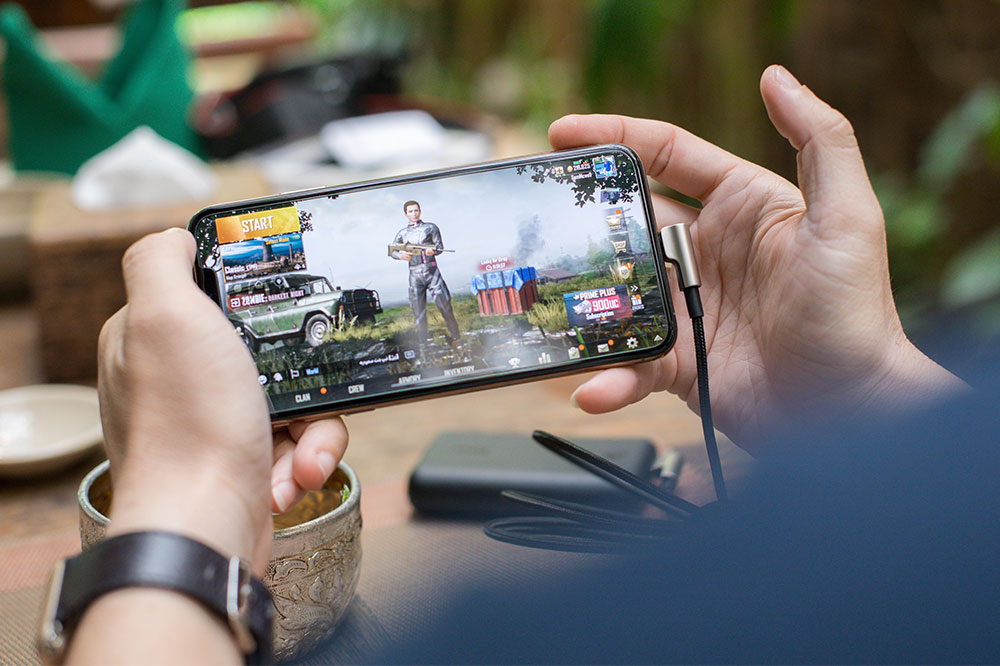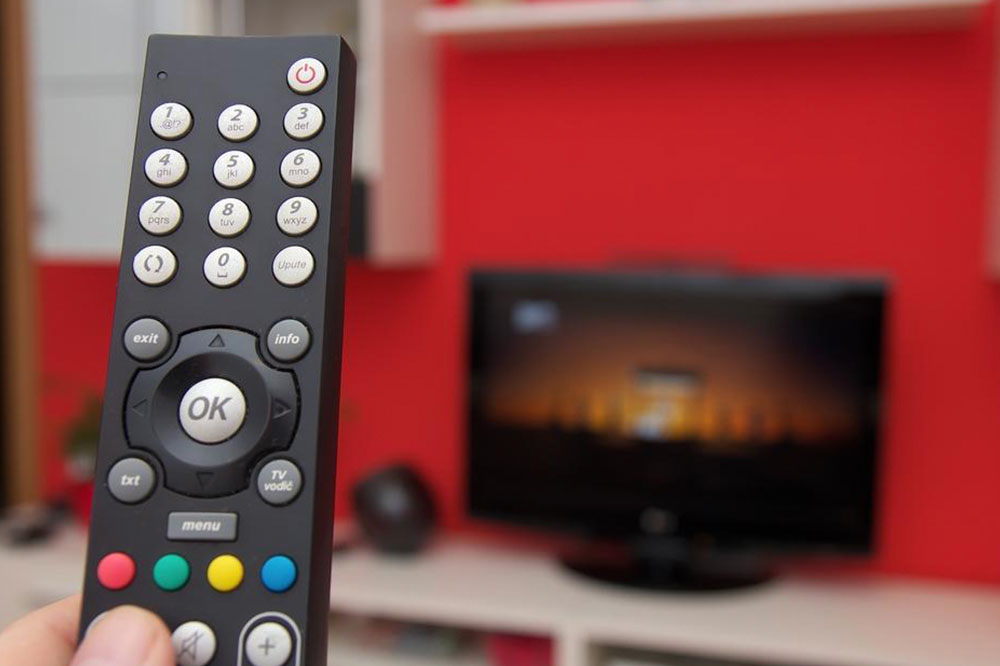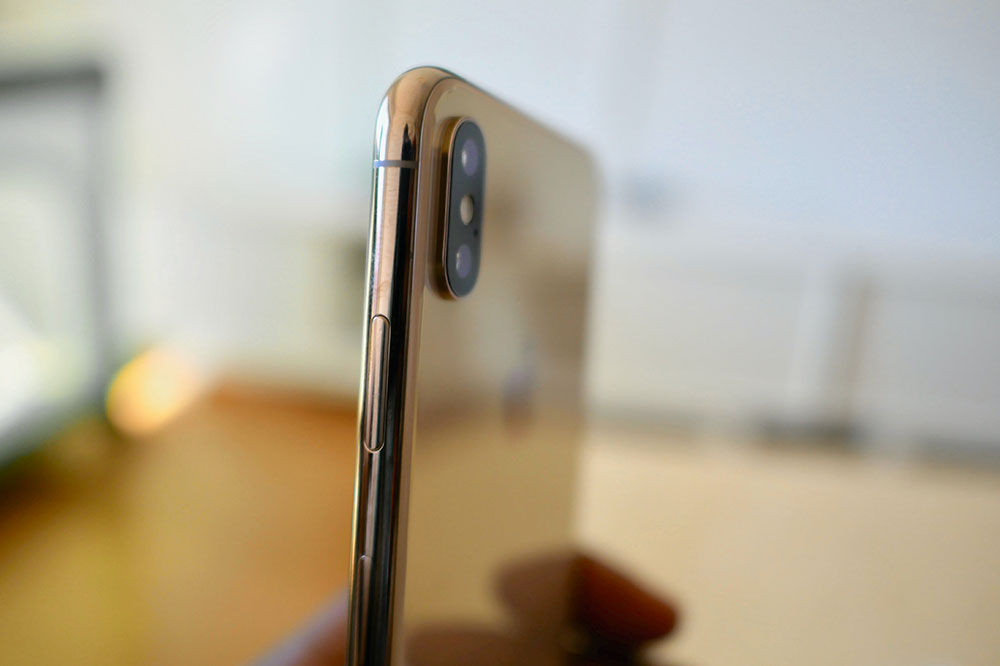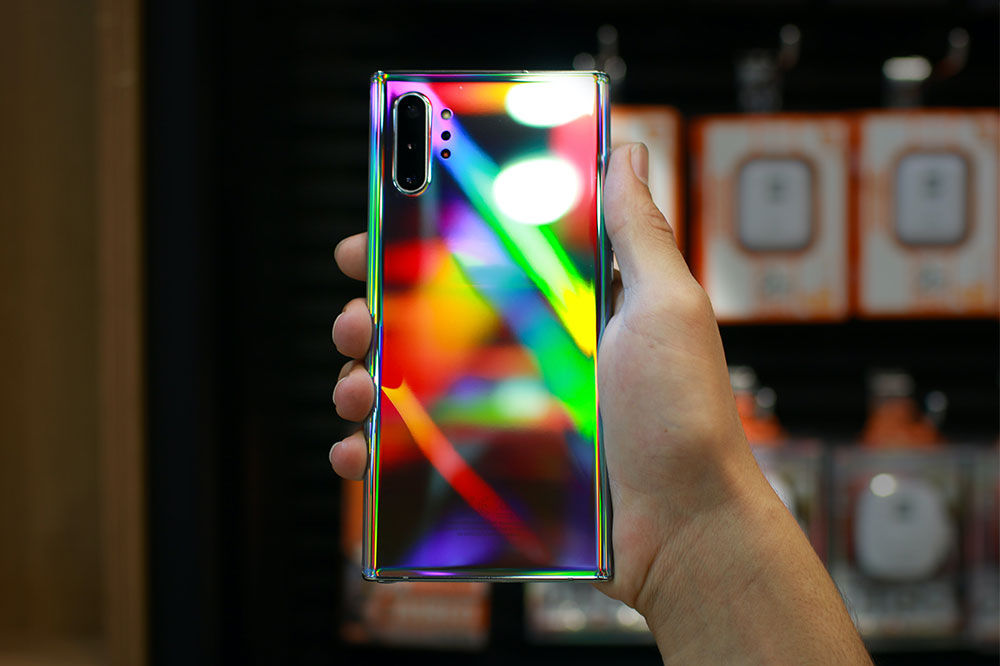4 Ways to Maintain Eye Health for Contact Lens Wearers

Contact lenses offer convenience and the option to change one’s looks on a daily basis. They are also easier to handle compared to spectacles due to the latter’s tendency to get easily scratched or broken. Whichever the case, unlike spectacles, contact lenses are a lot closer to the eyes. So, one must take more precautions to maintain eye health. Thus, here are four ways in which one can protect one’s vision while wearing eye lenses.
Do not use lenses continuously
When one wears contact lenses, one can easily forget that they have them on. Unlike a pair of glasses that might fog up or slide down the nose, lenses don’t have any overt sign of being worn. However, it is essential to note that to maintain eye health, one must be mindful of how often one wears and changes these lenses. Never wear eye lenses if the eyes feel irritated or appear red. One must consult the ophthalmologist when one has red or sore eyes and wait till one’s eyes heal completely before putting on contact lenses again. Whether colored lenses or prescriptive, it is best not to wear them full-time because the eyes need a little break. Also, be careful about makeup around the eye as it can cause irritation or even infect the eyes when worn with lenses. One needs to remember that replacing one’s contact lenses often is essential. These are some other tips to maintain the lens: use a fresh contact lens solution when storing the eye lenses after each use, do not mix new solutions with old or used eye solutions, and do not sleep wearing contact lenses.
Have backup glasses
Regardless of whether one wears plain or colored contact lenses, one must always have backup glasses. One’s eye doctor will likely tell one how long and how often one should wear the lenses. Be sure to follow these instructions rigidly. Never rely solely on contact lenses. Prescription glasses need not be expensive or fancy, just sufficient to give one’s eyes the healthy interval they need from the constant use of contact lenses. This suggestion is especially valid if one is traveling and one’s trip includes swimming or other water-related activities. Many forget to remove their contact lenses before showering, swimming, or using a hot tub. The first problem with this is that water is not germ-free, and this can cause several eye infections and lead to complications. If one is a swimmer or loves water sports and is worried one cannot see clearly without lenses, consider prescription goggles or laser surgery to protect the eyes.
Be aware of infections
Even if one uses power-less colored lenses for aesthetic purposes, one must never share contact lenses. Besides eye lenses being made to precisely fit one person’s eye size and needs, sharing contact lenses with another is not advisable as it could cause contamination and induce infections. Acanthamoeba, a microscopic parasite found in tap water, can cause keratitis infections, which are usually painful and hard to treat. Sometimes, it might take a year of treatment to reverse this disease. Though extremely rare, this type of infection could lead to blindness and necessitate a corneal transplant. Another point is that water can cause soft contact lenses to change shape, swell, or even stick to the eye. In a worst-case scenario, the cornea can get scratched, allowing germs and pathogens to enter the eye and damage one’s eyes easily. Another thing to remember is that one should never touch one’s eye lenses after being in the water. One must clean the lenses before wearing them, and always wash and dry one’s hands before putting them on.
Trust the ophthalmologist
An eye doctor is someone who enables one to maintain good eye health. If one wears contact lenses, there are some things to keep in mind when visiting one’s ophthalmologist. One must always get a proper prescription from a doctor one trusts and not get any lenses from local stores because it is cheaper or more accessible. One can get colored prescription lenses, but one must avoid decorative ones from costume stores. One should consult one’s doctor on the duration and usage of the lenses and try to maintain a chart to track one’s schedule. There are smartphone apps for this as well. Whenever one’s eyes feel uncomfortable or blurry, or one has a headache, nausea, numbness, double vision, or vision loss, one must reach out to the ophthalmologist immediately. One should also report instances of unusual redness, light flashes, and eye swelling to one’s eye doctor and get these treated at the earliest to save one’s vision.






